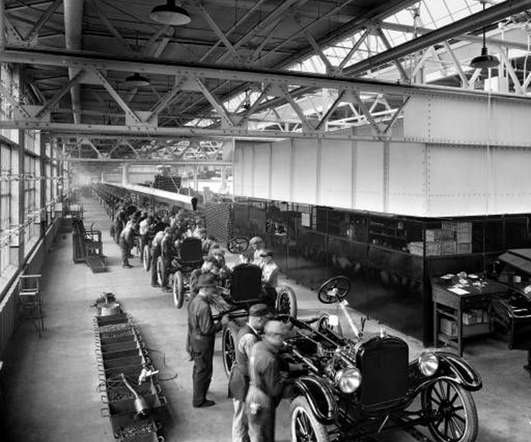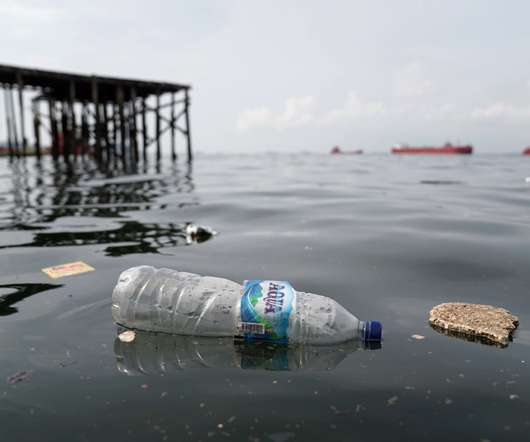Intelligent IBP – The Rise of Autonomous
Supply Chain Trend
MARCH 6, 2022
Preview – Most IBP cycles around the world are based on a 20-year-old process definition supported by 20-year-old planning concepts. This traditional IBP is not set up for a fast-changing world, where speed of decision making confers a competitive advantage. Intelligent automation will change this. In a series of short blogs, I will discuss the transition of traditional IBP towards a more intelligent IBP.





















Let's personalize your content